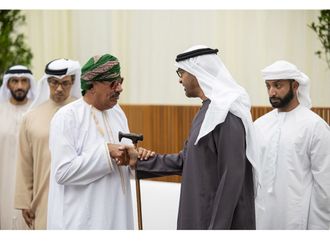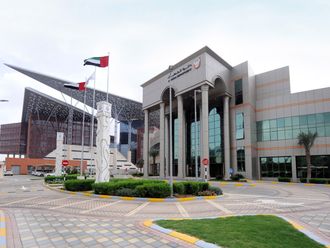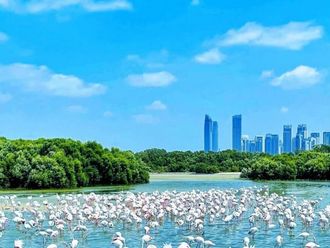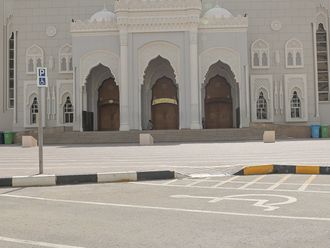The Western media is always accused in the Arab region of waging an anti-Muslim and anti-Arab campaign. From state leaders to the man on the street, the Western media is thought to be on a mission to wipe out "our" way of life.
But Bill Emmott likes to laugh at the suggestion. The Western media has no interests in establishing countries in the region or to distort the image of Islam, the editor-in-chief of the UK-based weekly news magazine the Economist, said.
"There has not been a concerted anti-Muslim ca-mpaign as such" in the Western media, Emmott stressed in an interview with Gulf News recently.
"The main characteristic of the English media is that it is biased, but in many different ways," he said. "For example, some are very aggressively anti-Arab and others are pro-Arab (that) it is even considered anti-Israeli. So the readers or the viewers can choose and compare."
Emmott, a graduate of Oxford who joined the leading weekly magazine's Brussels's office 22 years ago, was among the keynote speakers at the Doha Development Forum, held last week for the first time in the region.
Other speakers include the former US Vice President Al Gore and former South African President F W de Klerk. Emmott was appointed to the top post at the Economist in 1993.
His publication, and others like it in the Western hemisphere, has been the target of wide criticism in the region lately.
Saudi Crown Prince Abdullah bin Abdulaziz, has been frequently quoted as saying "the fierce campaign against Saudi Arabia by the Western media is a result of a hidden hatred against Islamic doctrine and the kingdom's commitment to it."
Others, in Malaysia and Singapore, also criticise the Western media accusing it of an attempt to "hinder their economic prosperity."
Emmott commented: "They think a free media can damage economic development by bringing confusion, conflict and instability, by breeding mistrust of government and business, by offering a means by which some special interests can manipulate, distort or destabilise the development."
"Personally, I think free media is an important potential servant for economic development. It is valuable as part of a society's mechanism for providing accountability, transparency and trust," he said.
He said the critics of free media - particularly those who enjoy absolute power in their countries - feel threatened by independent reporting.
"They claim the Western media threatens the stability of their countries but in fact it threatens the stability of oppressive regimes. Open media is all about new ideas, and dictators tend to dismiss those ideas as biased or politically motivated."
However, Emmott admitted that a section of the US media has been engaged in a systematic anti-Arab stereotyping in the months following the September 11 terrorist attacks in New York and Washington.
The US media had "a sort of a collective and hysterical" coverage of the bloody events, especially during the first six months.
He said that was because the attacks took place on American soil. "The noise level would have not been as high as it was if this was happening in another cou-ntry," he said.
But "all media stereotypes in different ways", he said, pointing out that the Arab media has for long been engaged in this.
But as more and more variety comes on the Arab airwaves, the more balanced media and different points of views will be offered to their audiences, he added.
The Arab media, Emmott stressed, can also play an important role in helping to define and pushing forward the emerging reforms movement in the region, by providing uncensored me-diums to reformers and the new ideas. The region is in a period of change, he said. "It is not a period of rapid or violent change," but a gradual one, he noted.
The US-led invasion of Iraq is one of the biggest factors, he said, "but it is not the only one.
The Gulf states were already before then on the road to modernising their politics and opening up public debate, even Saudi Arabia had been gradually, although very slowly, building up the (appointed) Shura Council to become more active with a real voice."
However, the trend is being "accelerated by the shocks" of September 11, the Iraq war and the latest terrorist acts in Saudi Arabia.
"A major factor that may have a big effect on the politics of the region though is the establishment of democracy in Iraq. The question is would it be a stable democracy or a violent and an unstable one? We don't know."
He added: "if you see your neighbour having a greater degree of accountability and transparency in government, then it's natural to start demanding it in your country."
But will the reform movement succeed in the region? "I am optimistic," Emmott said.
Western media 'not against Islam, Arabs'
The Western media is always accused in the Arab region of waging an anti-Muslim and anti-Arab campaign. From state leaders to the man on the street, the Western media is thought to be on a mission to wipe out "our" way of life.










